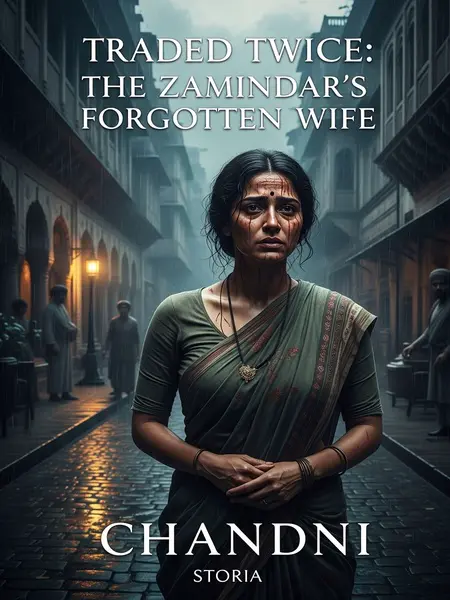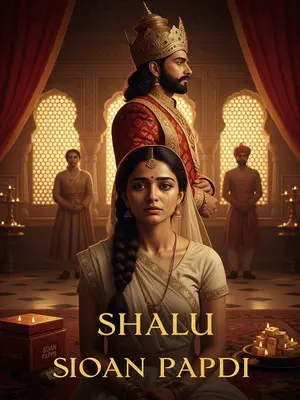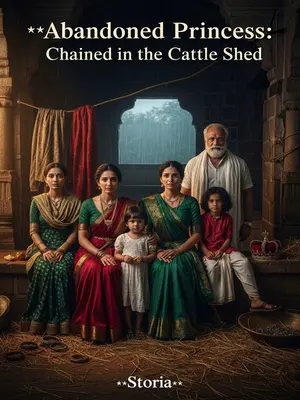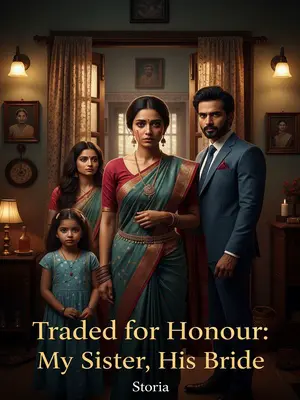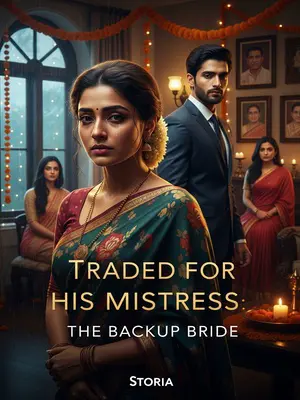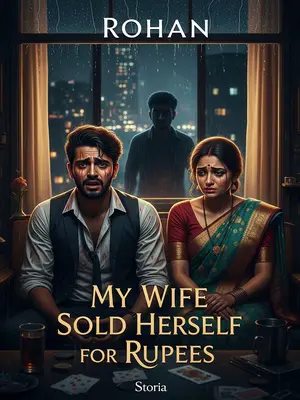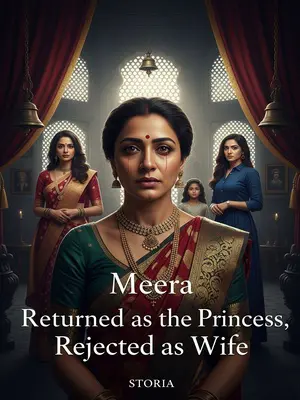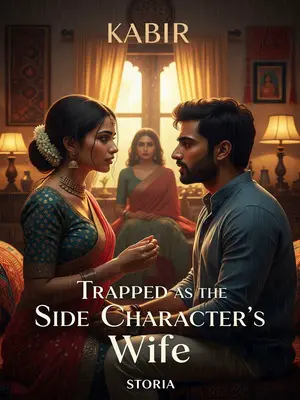Chapter 6: Monsoon Freedom
At the door, a small grey Ambassador car was already waiting.
Its paint was chipped, the upholstery worn, but to me, it gleamed like a chariot of freedom. The engine idled, a low rumble, as the driver leaned against the bonnet, smoking a beedi and gossiping with the gatekeeper.
Just waiting to carry the second wife away.
The symbolism was not lost on anyone. I was to be delivered like a parcel, my destination decided by others, my worth measured in children and obedience.
When I went out, the gatekeeper, remembering how I had shown my face earlier, refused to see me off and grumbled, "Here she comes."
He spat to the side, his contempt clear. I ignored him, focusing on the path ahead. The gate, with its peeling blue paint and rusted hinges, had become a symbol of everything I was leaving behind.
Then slammed the gate shut.
The sound echoed in my chest, final and absolute. I paused, breathing in the scent of dust and jasmine, before stepping forward into the unknown.
The Sharma family’s driver and helpers perked up, looking at me.
They straightened their kurtas, wiping sweat from their brows, eager to complete their errand and return home. Their eyes swept over me, taking in my plain saree, my empty hands, my tired face.
I looked at them too: "Bhaiya, please wait a moment. My madam says she still has a few words to say to the zamindar."
My voice was steady, my posture deferential. I had learned, over the years, how to move unnoticed, how to blend in when it suited me.
"Your madam? Who are you?"
Their suspicion was understandable. I smiled, feigning innocence, my heart pounding with anticipation.
"Me? I’m her maid. Thank you for your hard work, bhaiya."
I pressed a coin into his hand, my smile bright but meaningless. The art of bribery was something every servant knew well.
I smiled and handed them some loose change, then waited aside.
Their suspicion faded, replaced by boredom. They resumed their conversation, gossiping about the latest cricket match and the rising price of onions.
Leaving today, I wore old glass bangles and a plain saree, no makeup, nothing of a favoured wife’s wealth.
I blended into the background, just another woman in a city of millions. No one gave me a second glance as I waited by the roadside, the jewellery box clutched tightly in my hands.
Arjun always thought I was pretending to be pitiful to soften his heart.
He never understood that my silence was my shield, my plainness my armour. I had mastered the art of invisibility long before I entered his world.
But he didn’t know, I did it all for this moment.
Every humiliation, every slight, every act of submission had been in service of this day. I was finally free—free to choose, free to hope, free to begin again.
Sure enough, the helpers believed me and continued squatting to wait.
They barely glanced my way, their trust in my disguise absolute. I slipped away, unnoticed, my heart pounding with exhilaration.
After a while, I smiled again.
My courage grew with every step. I rehearsed my lines, ready for any challenge that might arise.
"Bhaiya, are you thirsty? There’s a chai stall ahead. I’ll buy some for you, and get a few small things for madam."
The mention of chai brightened their faces. They accepted my offer, already dreaming of hot tea and samosas.
They were delighted.
Their laughter echoed behind me as I walked away, my steps light for the first time in years.
I passed by, tossing some coins to the chaiwala, asking him to deliver it to the helpers later.
The chaiwala nodded, winking conspiratorially. He had seen women like me before—clever, desperate, determined.
Then I turned and quickly walked out of the city.
The road stretched before me, dusty and uneven, lined with neem and peepal trees. The air was thick with the promise of rain. I walked faster, my heart buoyed by hope. The echo of azaan drifted over the rooftops as dusk fell, mingling with the smell of rain on kachcha roads and the distant clatter of rickshaw wheels.
I had waited too long for this moment, planned too long, considered every possibility—even tried to switch the gatekeeper twice, losing two children in the process.
The cost of freedom had been steep—every misstep paid for in blood and sorrow. I carried those lessons with me, etched into my bones.
Now, I had finally succeeded.
I tasted the sweetness of victory, the first I had ever known. My body ached, but my spirit soared. The world, for the first time, felt open and full of possibility.
Everything, finally, can begin anew.
As I walked into the rain, the world washed itself clean, and for the first time, I let hope rise in my chest, small and stubborn as a marigold in monsoon mud.
